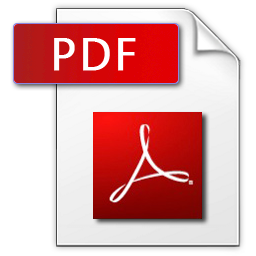The Study on Evaluation of the Tourism Economics Impaction

He Huang
COMPUTER MODELLING & NEW TECHNOLOGIES 2014 18(12C) 210-215
School of Economics and Management, Yibin University, Sichuan, 644000, China
During the last three decades, tourism industry in China has been witnessed impressive development, and China has become one of the world’s most important tourism destinations as a result of the rapid growth of its economic and tourism development since economic opening and reforming in 1978. Tourism environmental impact has been a core issue in Tourism studies and its investigation has originated from 1960s abroad while it attracted researcher’s attention till early 1980s in China. Although the impacts of tourism development on natural and social environment has been recognized, systematic studies of destination environment and its sustainable development in evaluation models, measure approaches, determinant factors, mechanism, integrative measures and management are still relatively rare. An evaluation index system on urban tourism radiation power that can reflect the level of the overall urban tourism economy growth, social development and ecological construction has been built based on respects like urban tourism revenue, scale of tourists, quantity of tourism resources, tourism employment and area of natural ecotourism sites. However, during the fast development, the quality issue in general has become an inevitable problem that seriously affected the competitiveness both of Chinese tourism industry and Chinese tourism enterprises in the global market. Consequently, motivating quality revolution of tourism industry in China for its sustainable development is so urgent. This paper firstly uses quantitative and qualitative methods to review total quality management (TQM) movement in China and emphasizes the need to implement TQM which is a holistic managerial approach for improving the quality of one industry’s product for its further sustainable development in Chinese tourism industry.
